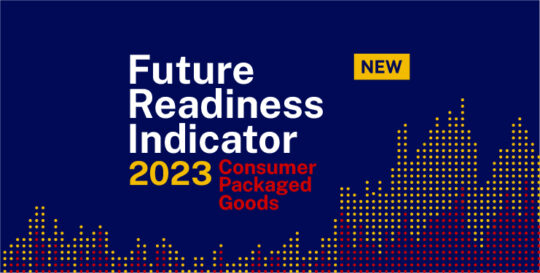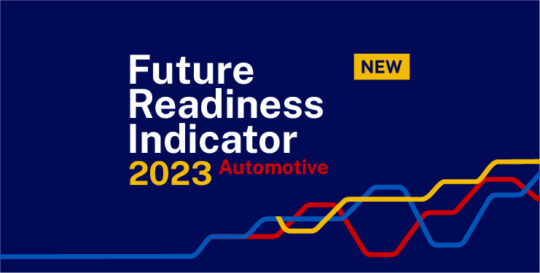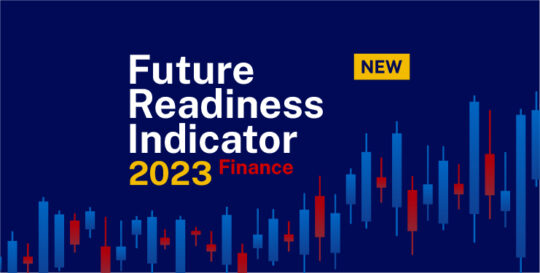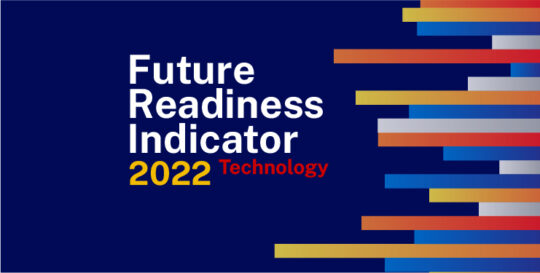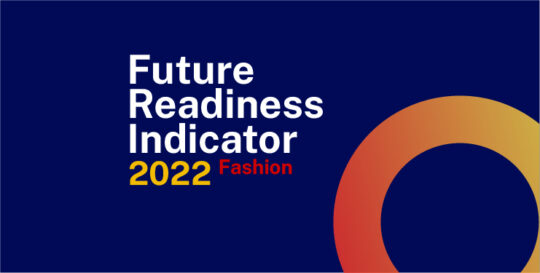IMD business school for management and leadership courses



How Thinking Ahead Becomes a Distraction
This article was originally published in the South China Morning Post
Thinking about the obvious is the most difficult aspect of corporate strategy. There is always the next big thing to explore. Thinking big is also pleasantly distracting. And nothing is bigger than the metaverse right now.
The metaverse was the talk of the show at last month’s South by Southwest Conference. At the event in Austin, panels discussed how the metaverse could help rebuild society. They discussed its foundation of ethics and guidelines. And everyone also pledged to make it an inclusive and equitable space. If you are a consumer brand, the prospect of shifting from selling products to creating experiences where customers connect with each other is very real.
The danger of the metaverse, however, is that it becomes an escape to avoid the difficult work in the real life. For example, supply chain disruptions as a result of the Covid-19 pandemic are now causing port congestion and delayed deliveries. Costs along the entire supply chain have also soared amid a rise in inflation.
At JC Penney, former chief executive Ron Johnson sought to pursue the next big thing in the same way he had managed Apple stores. He hired a team of outsiders to fill senior positions, terminating more than 19,000 employees in the process.
He ended the use of markdowns and coupons that used to generate reliable store traffic. He reduced private label brands, even though the operation generated 50 per cent of sales at the time. Inside its stores, sections were built for branded merchandise with up to 100 different boutiques, but none of these resonated with customers. The transformation ended in bankruptcy at the height of the pandemic.
With the arrival of a new CEO, the chain switches its focus back to those who have already been shopping there. Instead of trying to entice millennials or yoga enthusiasts, it targets budget-conscious American families. That may not sound as exciting, but it is exactly what the company needs.
What most companies need is not another exciting exploration by a small group of individuals. Rather, it is about getting the basics right across the board. When something as simple as advanced analytics is to be deployed at scale, it demands the sharing of information between departments.
To make sense of such data, new talent needs to be infused into every division. It is pointless to proclaim yourself a digital-first company if your managers cannot even have shared information at their fingertips 24 hours a day, seven days a week.
So why are most companies still dragging their feet? Maybe it is conflict avoidance. It is all too easy to get caught up in the next big thing. There is nothing wrong with reimagining the future, but it requires people to come together to have a heated debate and then commit to the progress day in and day out. Soon, the person you want to avoid the most could be your closest business partner. And this is the hard work. But unfortunately, there is no short cut to corporate strategy.
Howard Yu is the LEGO chair professor of management and innovation at the IMD Business School in Switzerland. He is also the director for IMD’s Centre of Future Readiness.





